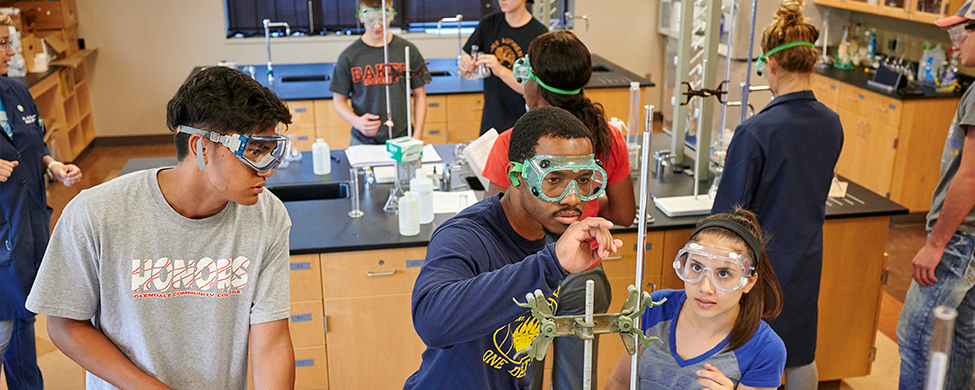
Dr. Jamin Perry
Director of Pre-engineering
Tap into a field growing twice as fast as the national average.
Petroleum engineers fulfill today’s demand for domestic oil and lead the way in discovering safe, reliable, and affordable ways to use oil resources.
Petroleum engineering students receive a thorough grounding in chemistry, engineering, geology, and physics as well as an understanding of ethics, safety, and communications—the skills necessary for pursuing a job in the field.
Focus is also placed on the issues affecting the industry:
- Science and technology
- Economics and business
- Policy and regulation
- Society and behavior
Our dual-degree program with the University of North Dakota (UND) allows you to complete a physics or chemistry degree at Baker while also earning an ABET-certified engineering degree from the UND while in residence at Baker.

Petroleum Engineering Degree Jobs
Here are some of the job titles for someone with a petroleum engineering degree:
- Drilling engineer
- Petroleum engineer
- Petroleum production engineer
- Reservoir engineer
Sample Dual-Degree Plan
This dual-degree program is designed to be completed in five years. Take a look at a sample five-year plan.



